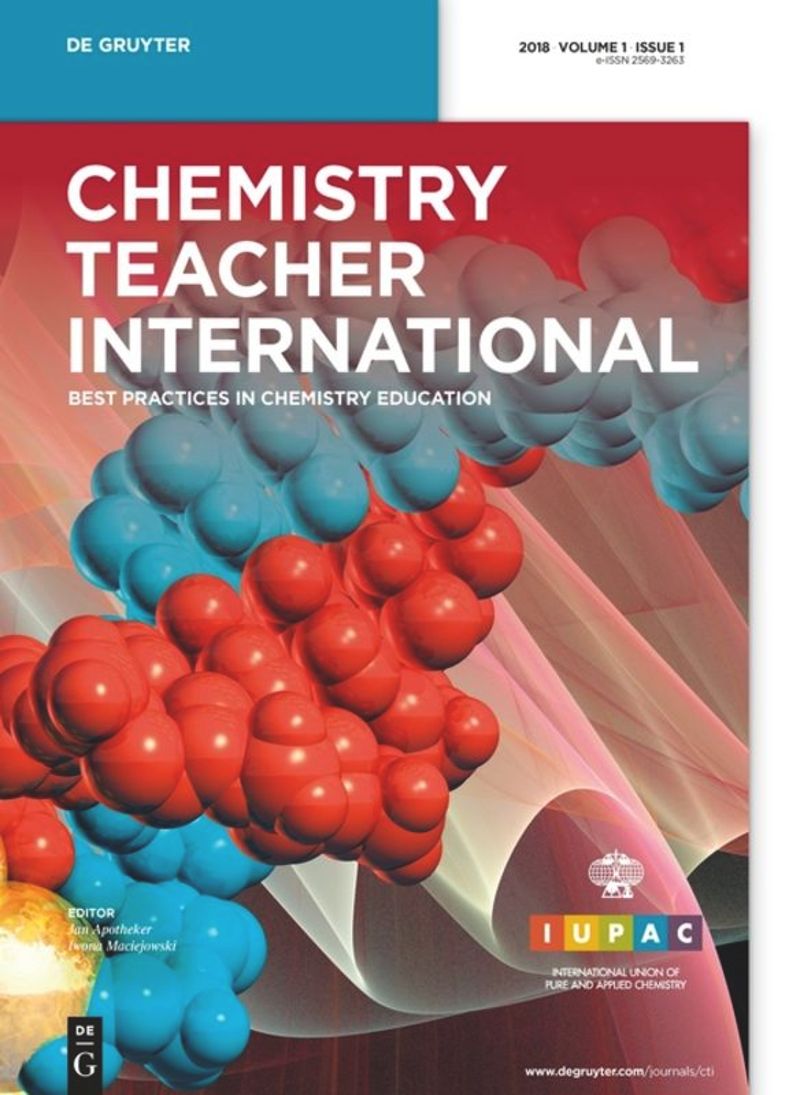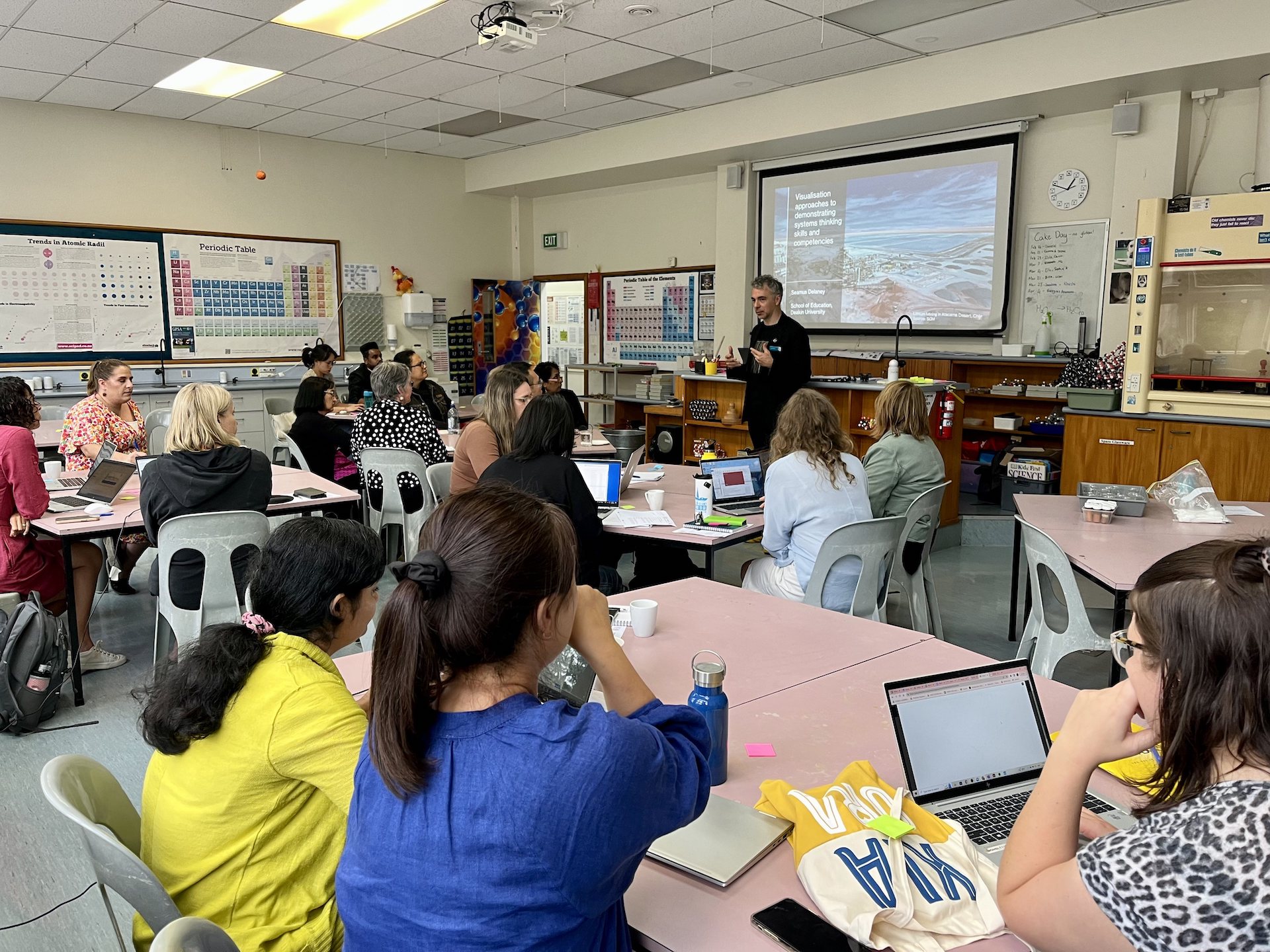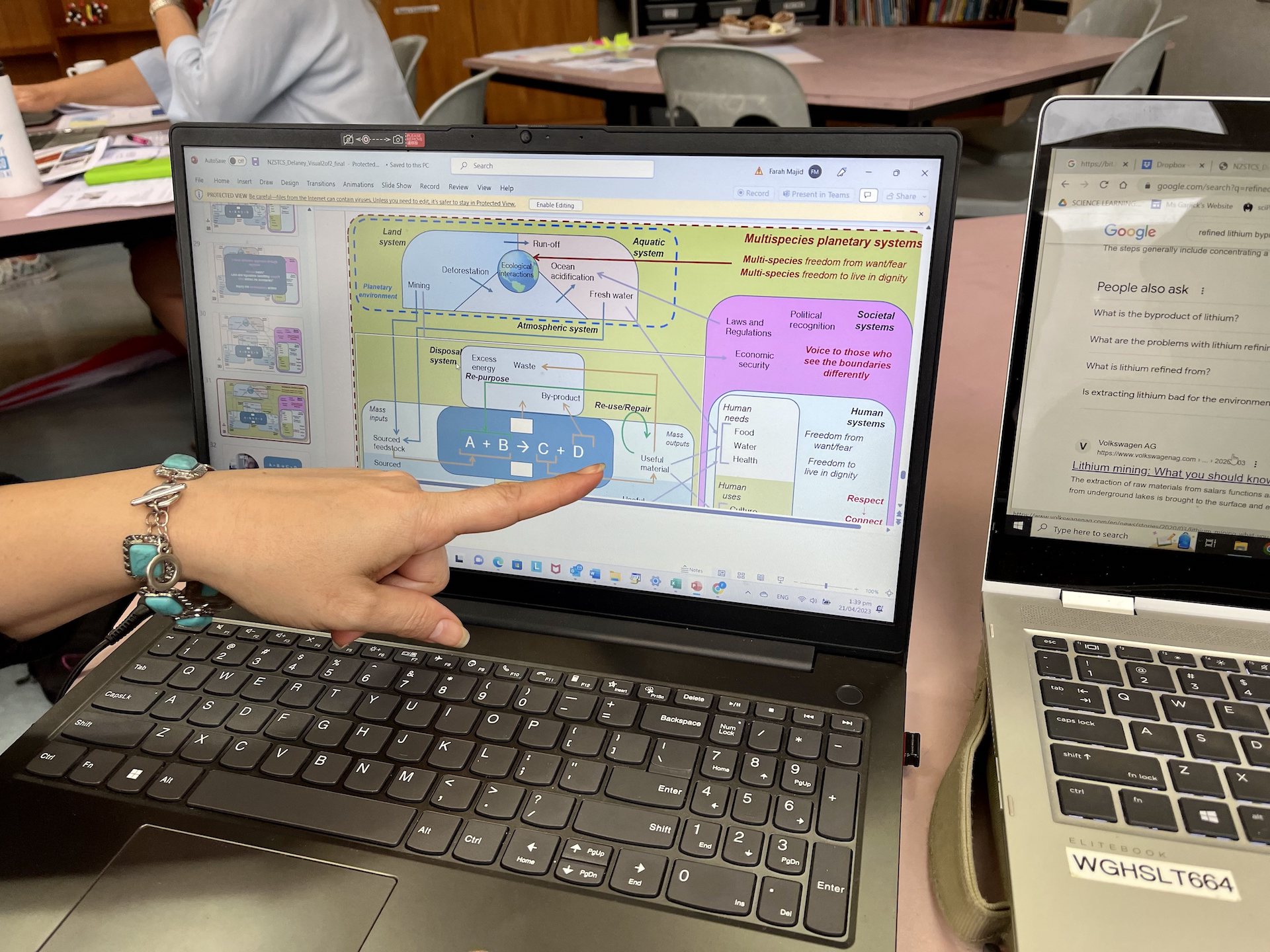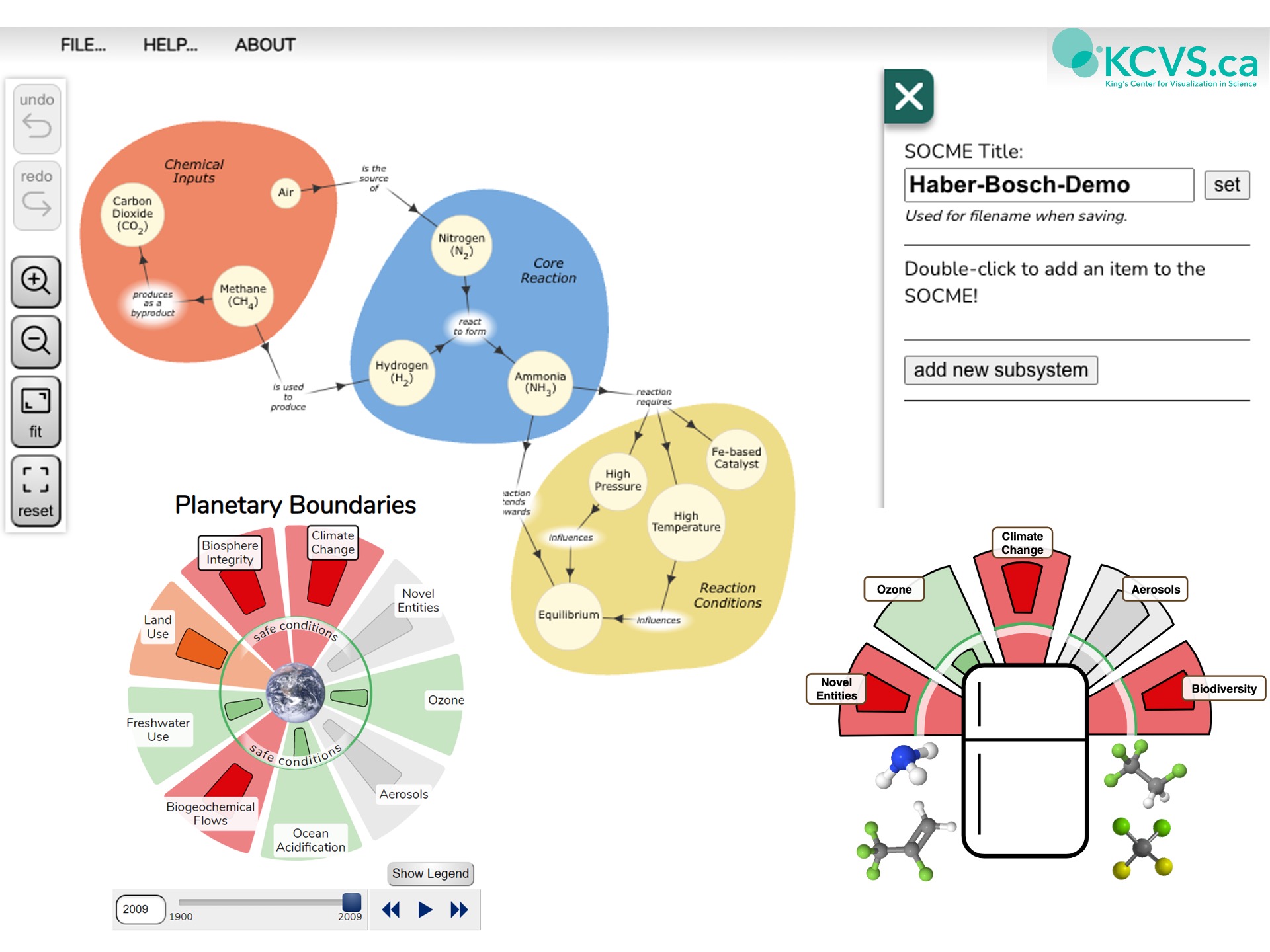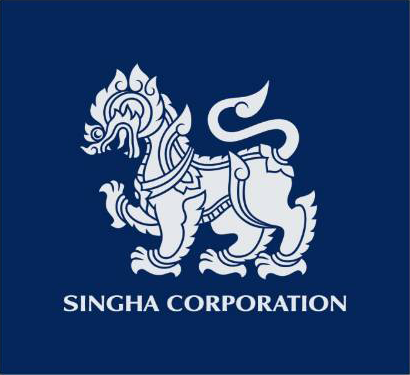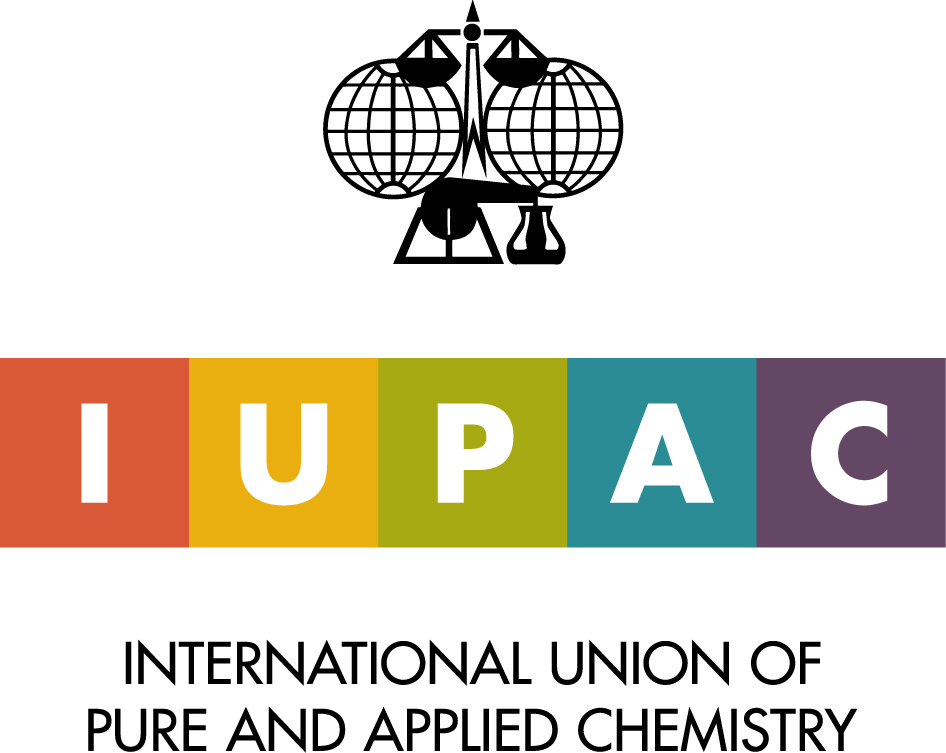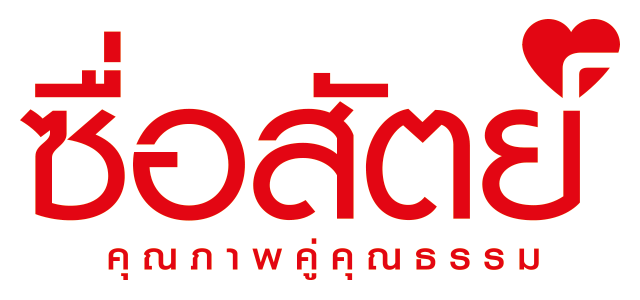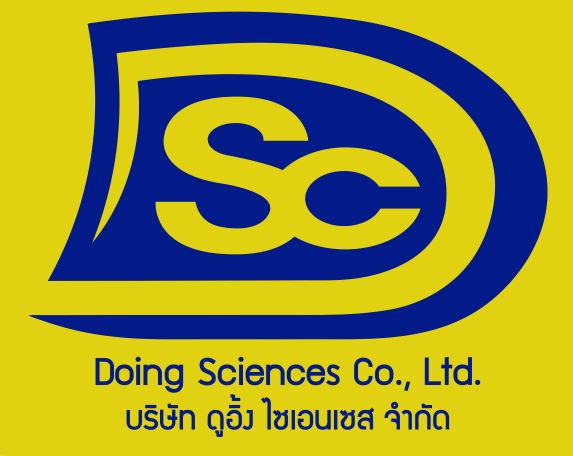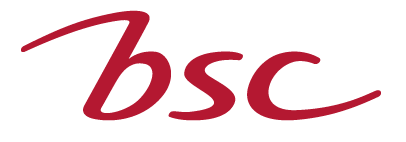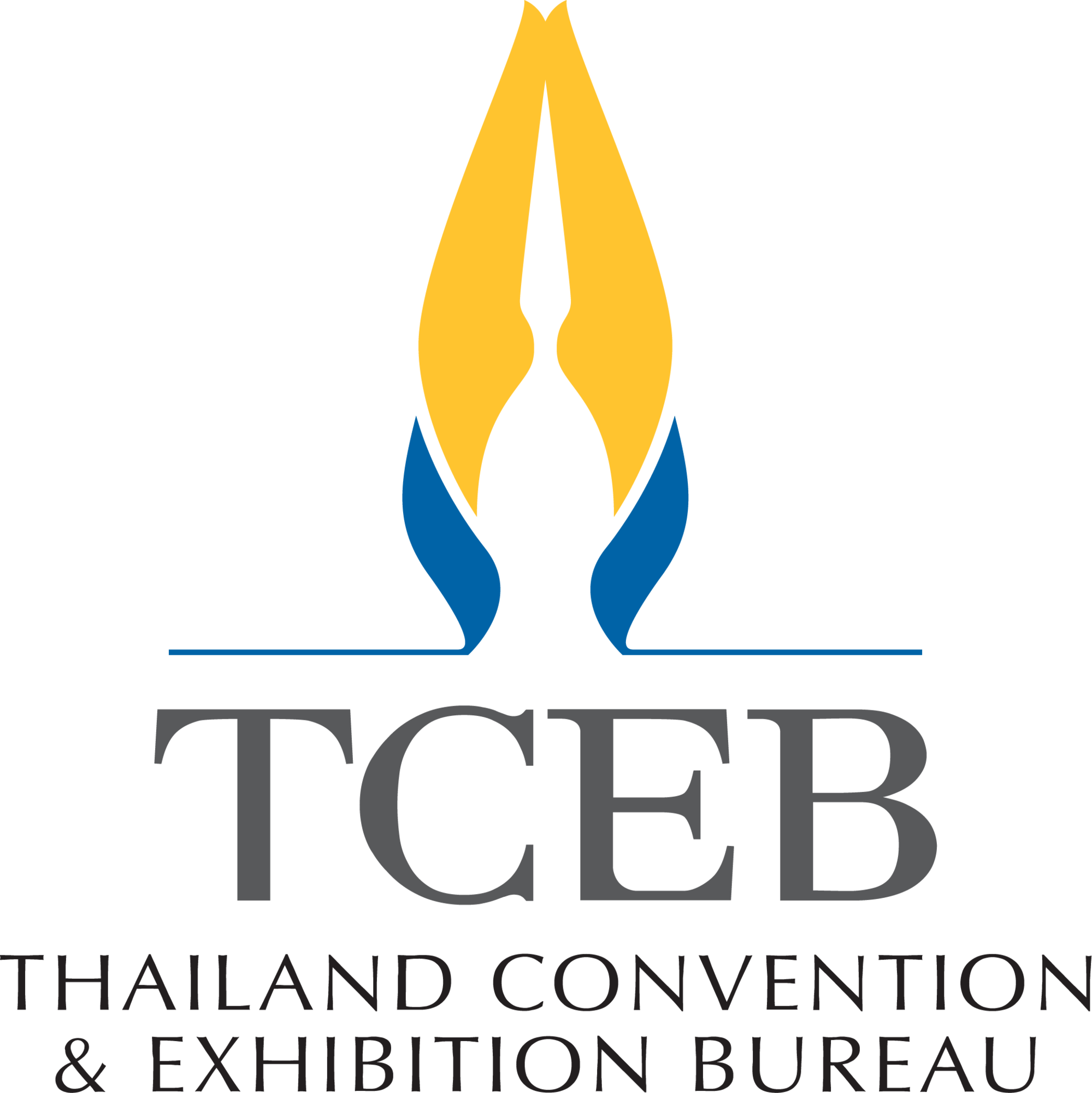Symposium
Workshops
Workshop A: Workshop on Microscale / Small Scale Chemistry
Join us for an immersive workshop where you'll meet esteemed experts in microscale/small-scale chemistry from across the globe. Each country will showcase its own table(s) featuring thrilling experiments for you to discover.
Prepare to be captivated by engaging demonstrations and lively discussions on various techniques and groundbreaking ideas in high school and university-level chemistry. We'll explore both organic and inorganic chemistry, tackling challenging topics such as electrochemistry and analytical chemistry.
But here's the exciting part – you won't just observe from the sidelines. You'll have the opportunity to actively participate and conduct the experiments yourself! This workshop is all about diving headfirst into the captivating world of chemistry.
Countries represented by esteemed experts include:
- Germany (Angela Kohler, from Romain Rolland Gymnasium, Berlin)
- Japan (Kazuko Ogino, from Tohoku University)
- Mexico (Jorge Ibanez, from Universidad Iberoamericana, Mexico)
- Philippines (Fortunato Sevilla, from University of Santo Tomas)
- Republic of South Africa (Marie du Toit, from North-West University)
- Thailand (Supawan Tantayanon, from Chulalongkorn University)
- United Kingdom (Bob Worley and Magda Polec, from CLEAPSS)
Plus, we'll have some teachers from Asia, including Vietnam, Indonesia, Nepal, Sri Lanka, and Thailand, adding to the diverse perspectives and experiences shared at the workshop.

Workshop D: Workshop on Enhancing Chemical Safety and Security for the Chemical Weapons Convention
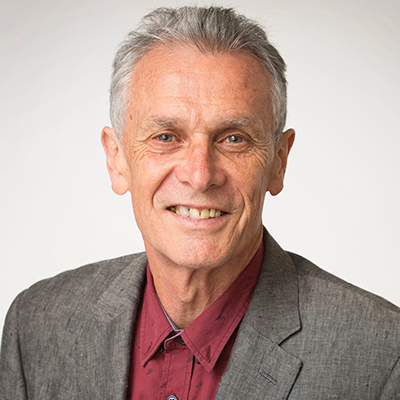
Alastair Hay
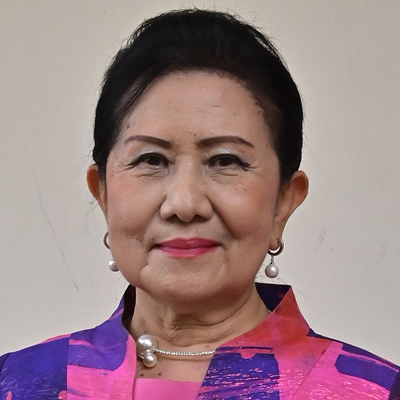
Supawan Tantayanon
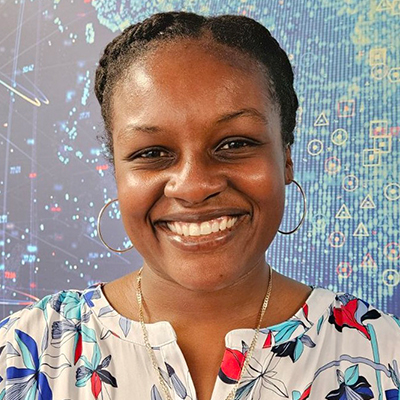
Zakiya Skeete
Workshop leaders: Alastair Hay and Supawan Tantayanon
This one-day workshop is designed to engage participants actively and educate them about the Chemical Weapons Convention (CWC) and how they can contribute to its success by implementing robust safety and security measures. Through a series of interactive activities and group discussions, participants will gain a comprehensive understanding of the CWC, the importance of safety and security measures in its implementation, and practical insights into the ethical considerations faced by chemists. This workshop aims to equip chemists and professionals in related fields with the knowledge and tools to actively support the Chemical Weapons Convention through responsible practices in their workplaces.
Workshop E: Getting systems thinking into your classroom and connecting to sustainability
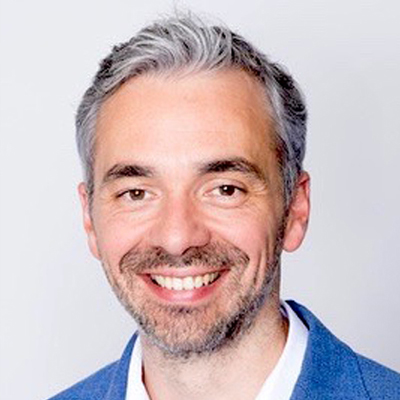
Dr. Seamus Delaney
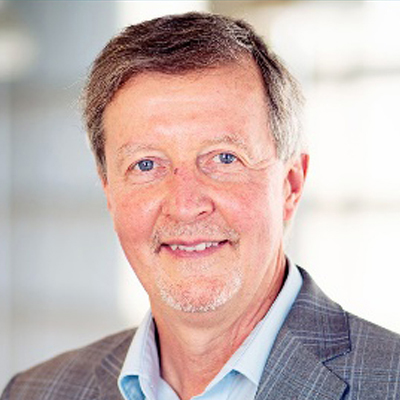
Prof. Peter Mahaffy
Workshop Leaders: Seamus Delaney and Peter Mahaffy
In this hands-on, interactive workshop, you will have the opportunity to identify and develop systems thinking skills, in order to plan, implement and assess systems thinking in your own classrooms. The workshop will be for both novices and long-time fans of systems thinking in chemistry education (STICE) and its important links to addressing global challenges such as sustainability. Participants will take part in hands-on and online activities recently developed for the Systems Thinking in Chemistry for Sustainability IUPAC project (2020-014-3-050), including the SOCME generating SOCKit applet, connected to the SDGs and the Planetary Boundary Framework. These activities will make use of curriculum resources made available through the Sustainability and Systems Thinking in Chemistry Education (SaSTICE) website, or better yet, bring some curriculum topics of relevance to your teaching, and we will support you to plan, implement and assess systems thinking.
Workshop F: Green Chemistry and the U.N. Sustainable Development Goals: Harnessing Their Combined Power

Dr. Meghna Dilip
Dr. Meghna Dilip obtained her B.Sc. in Chemistry from the University of Madras and her Ph.D. in Chemistry at The University of Alabama and currently a Professor and Chair of the Chemistry Department at Worcester State University, Worcester, MA. Her current research interests primarily involve the use of ionic liquids towards greener separations. She is one of the recipients of the the 2024-2025 ACS-CES Award for Incorporating Sustainability into Chemistry Education.
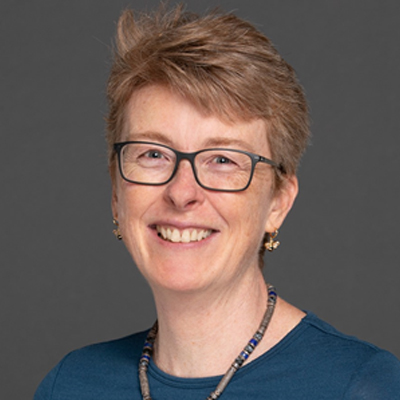
Dr. Margaret E. Kerr
Dr. Margaret E. Kerr received her B.S. degree in Chemistry from the University of Maine and her Ph.D. from Wesleyan University in Middletown, CT (USA) in Inorganic Chemistry. She is currently a Professor with a focus on research in green chemistry and antibacterial agent development. She has been awarded two Fulbright grants in 2007 and 2023 to promote green chemistry at Chulalongkorn University in Bangkok, Thailand.
Workshop Leaders: Margaret Kerr & Meghna Dilip
In 2015 the United Nations created a framework comprising 17 aspirational goals known as the Sustainable Development Goals (SDGs), with a view towards peace and prosperity by 2030. Green Chemistry has always been recognized as a pathway to sustainability. However, with a new systems thinking approach, it is possible look at both of these together in order to recognize the interconnected nature of the systems being studied. Using industry-related case studies, a new teaching approach to integrating the UN SDGs and green chemistry will be discussed.
This workshop is open to chemical educators who are interested in developing activities and learning modules that will allow students to visualize synergies and trade-offs when applying a systems thinking approach. We will be exploring the connections between green chemistry and the UN Sustainable Development Goals. Participants will consider how to integrate the learning modules and activities into current curriculum while creating a more engaging learning environment for students. The approach taken in this workshop can be modified and used widely for various chemical processes in an educational context.
The workshop is limited to 40 people. Educators at all levels (7-12th grade teachers, university faculty, pre-service students) are welcome to attend.
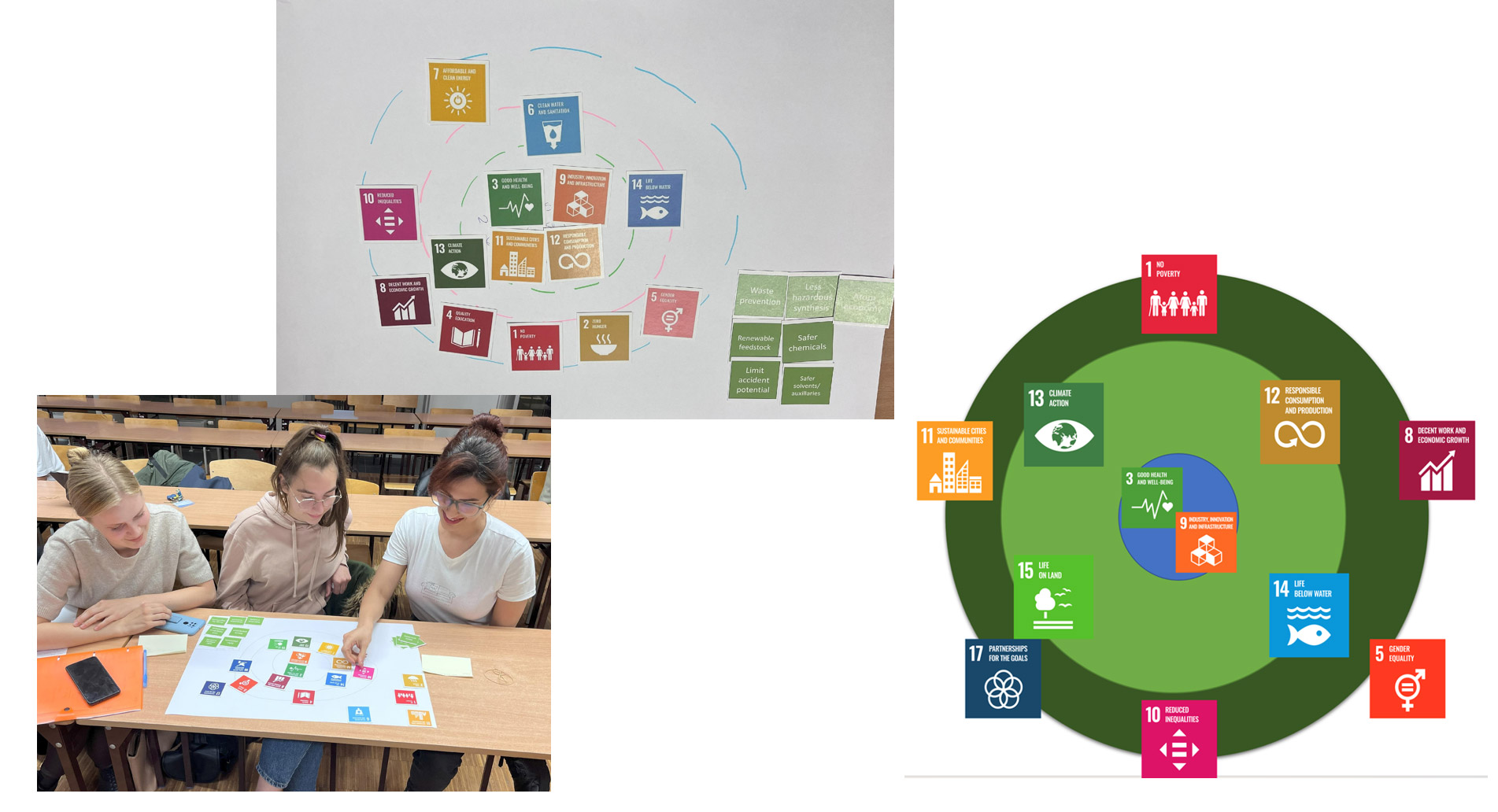
Workshop G: How to Publish in CTI
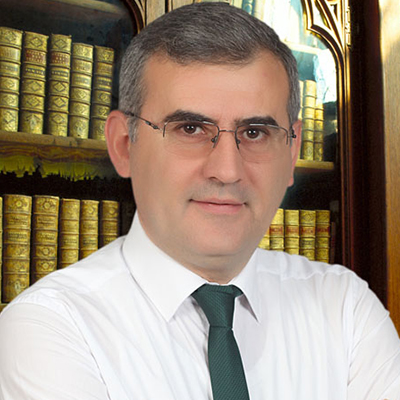
Mustafa SÖZBİLİR
Mustafa Sözbilir works at Atatürk University, Türkiye. His research interests include studies on teaching and learning in science/chemistry, trends in science/chemistry education research, and teaching science/chemistry to visually impaired students. He is the current Editor-in-Chief of Chemistry Teacher International.
Chemistry Teacher International: Best Practices in Chemistry Education (CTI) is a peer-reviewed open-access journal published by the Committee on Chemistry Education of IUPAC and supported by the Division of Chemical Education of EuChemS. The journal aims to be a platform for teachers of all levels, focusing on researchers in chemistry education.
The objectives of the journal are:
- Bridging the gap between research and education
- Creating a platform for all IUPAC activities in the field of education
- Building an international journal not linked to a specific area or nation
The journal is indexed in leading international databases including the Web of Science – Emerging Sources Citation Index Expanded (ESCI) and SCOPUS, with a current impact factor at 1.5. This workshop aims to bring together Editorial Board Members and potential authors face to face to interact. The workshop will cover the following topics:
- Meeting with the Editorial Board Members
- Introduction of aims and scope of CTI, types of manuscripts accepted and policy for the future.
- Basic information about the journal (indexing and citations, statistics for content and coverage etc.)
- Submission and review processes as well as open-access policy and APC payment including APC waive policy of DeGruyter
- Special issue for ICCE
- Question & Answers session
